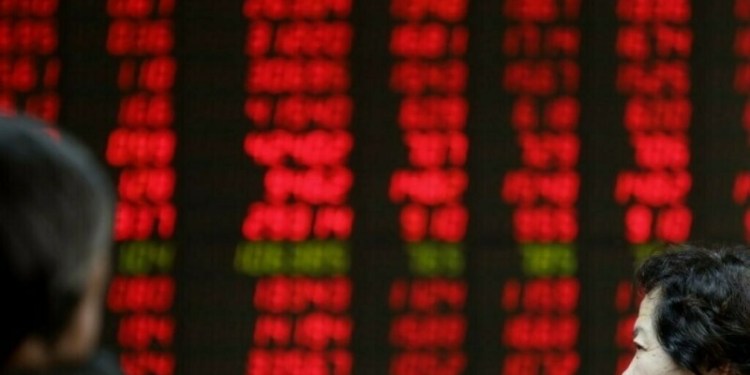 © Reuters. FILE PHOTO: Greek PM Alexis Tsipras attends a cabinet meeting at the parliament in Athens
© Reuters. FILE PHOTO: Greek PM Alexis Tsipras attends a cabinet meeting at the parliament in AthensATHENS (Reuters) – Greece will exit its bailout program without requesting a precautionary credit line, Prime Minister Alexis Tsipras said on Monday, adding that Athens would not return to the “spendthrift days” of the past, before the debt crisis erupted.
Greece’s current bailout, the third since 2010, expires on August 20. Athens hopes that it will have regained full market access by then and be free to set its own economic policy after eight years of tight supervision by the euro zone and the International Monetary Fund.
But some EU officials are worried that as time passes, Greek politicians will be under increasing pressure to go on a spending spree again.
“There is neither a bailout extension nor a fake exit, a non-clean or a dirty exit – call it anything you want – in sight”, Tsipras told his lawmakers.
“There is a clear completion (of the program), a clean exit,” he said.
“But this doesn’t mean that we will… return to the days of plenty, the spendthrift days.”
Euro zone creditors are now working on a debt relief offer for Greece that would be an incentive for Athens not to backtrack on reforms and to continue to stick to prudent fiscal policy, senior EU officials said last week.
Greece will officially present its own post-bailout policy plan at a meeting of euro zone finance ministers this week, Tsipras said adding that he hoped that negotiations on the terms of the post-bailout period would be concluded by the end of June.
He added that the IMF’s participation in the current bailout was still an open issue and that the climate between Athens and the Washington-based Fund during talks in recent months had improved.
“But we don’t believe that the IMF’s possible non participation in the third bailout is the end of the world,” Tsipras said.
Fusion Media or anyone involved with Fusion Media will not accept any liability for loss or damage as a result of reliance on the information including data, quotes, charts and buy/sell signals contained within this website. Please be fully informed regarding the risks and costs associated with trading the financial markets, it is one of the riskiest investment forms possible.
Source: Investing.com




























